We are,
Prickly Thistle
Prickly Thistle
As of 14th October 2022 we rebelled, and for now have an anti-social media platform policy. Let's connect in a real way, set yourself free from the scroll....
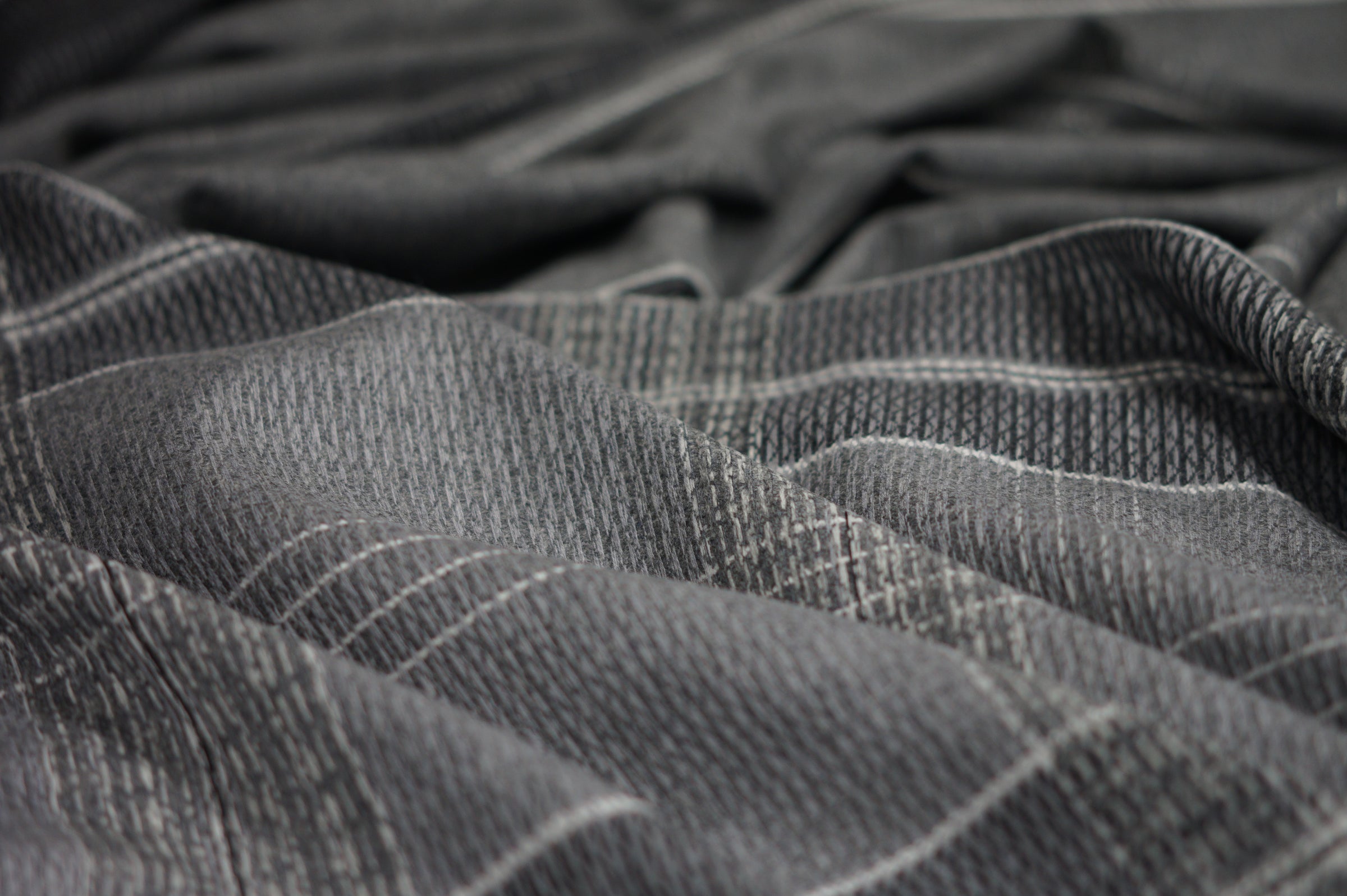
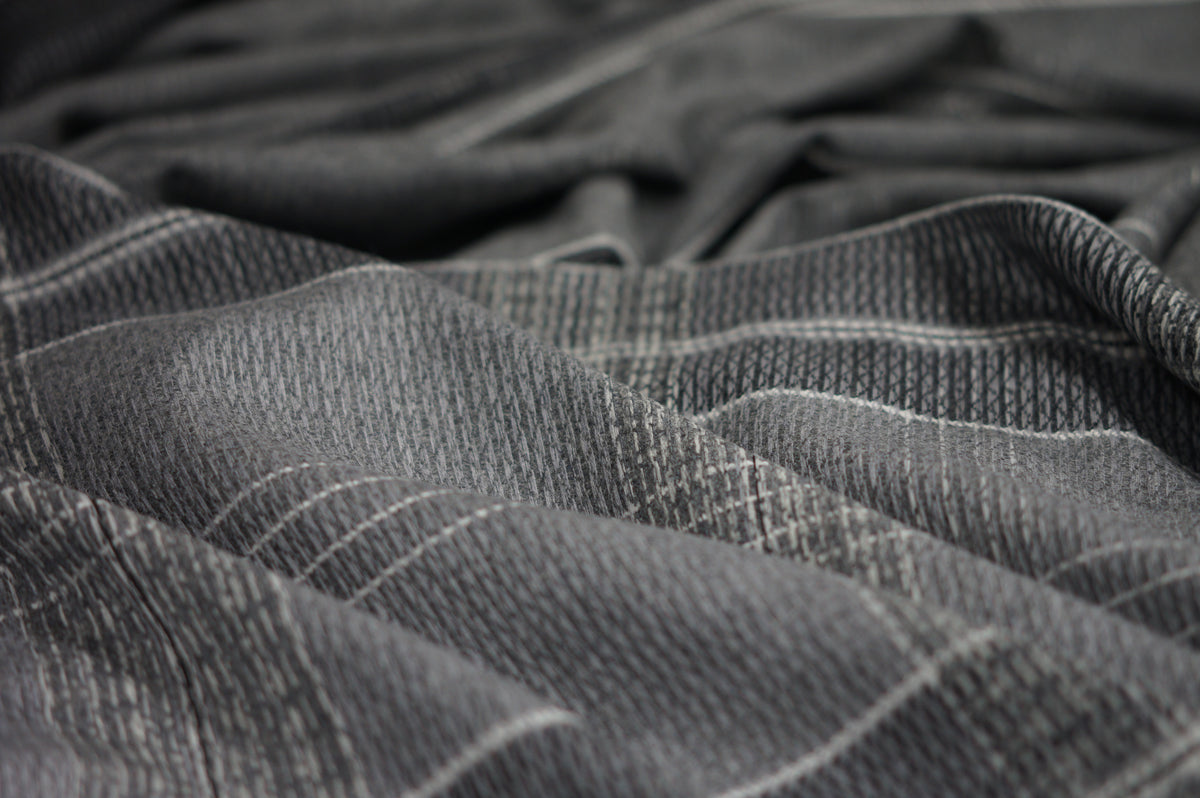


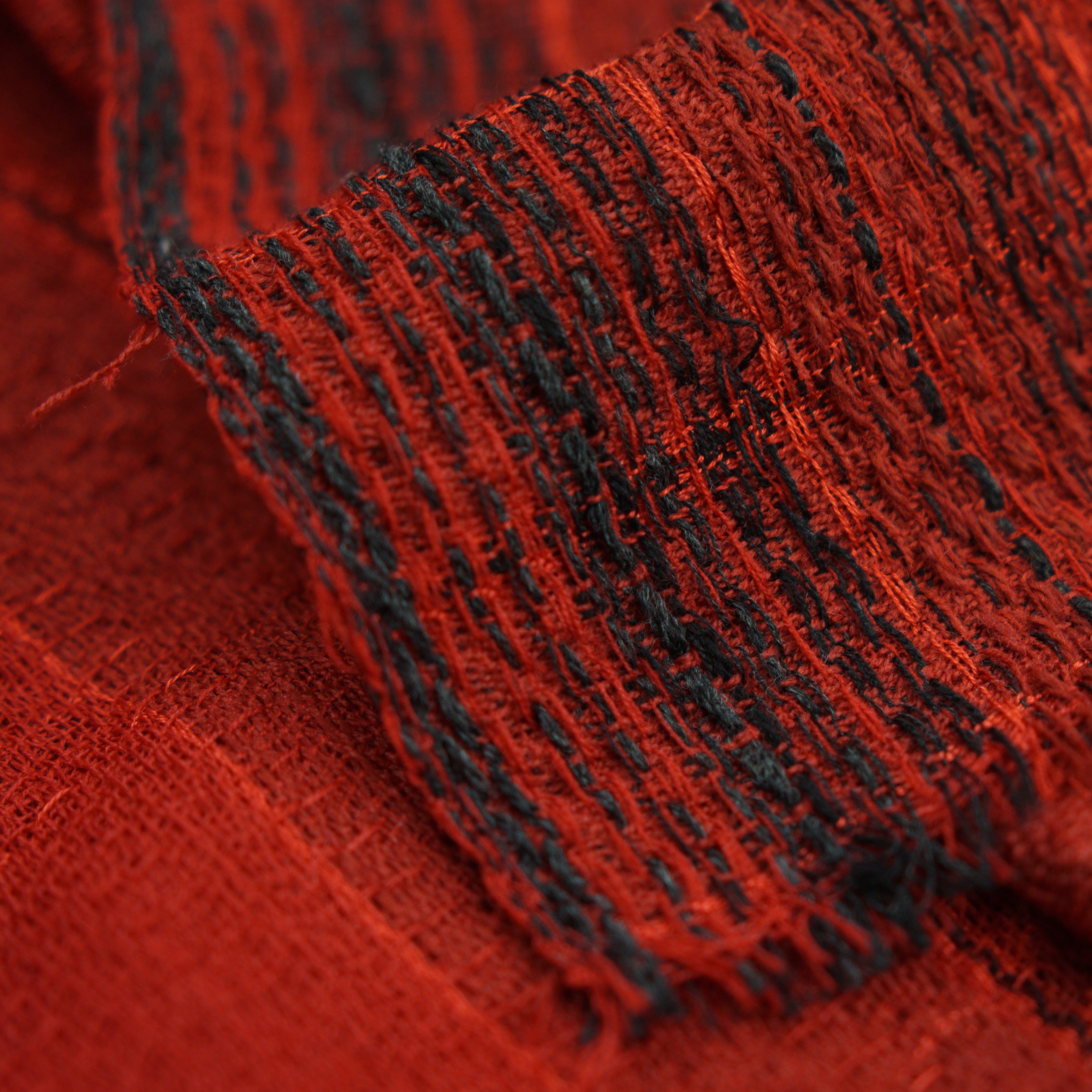
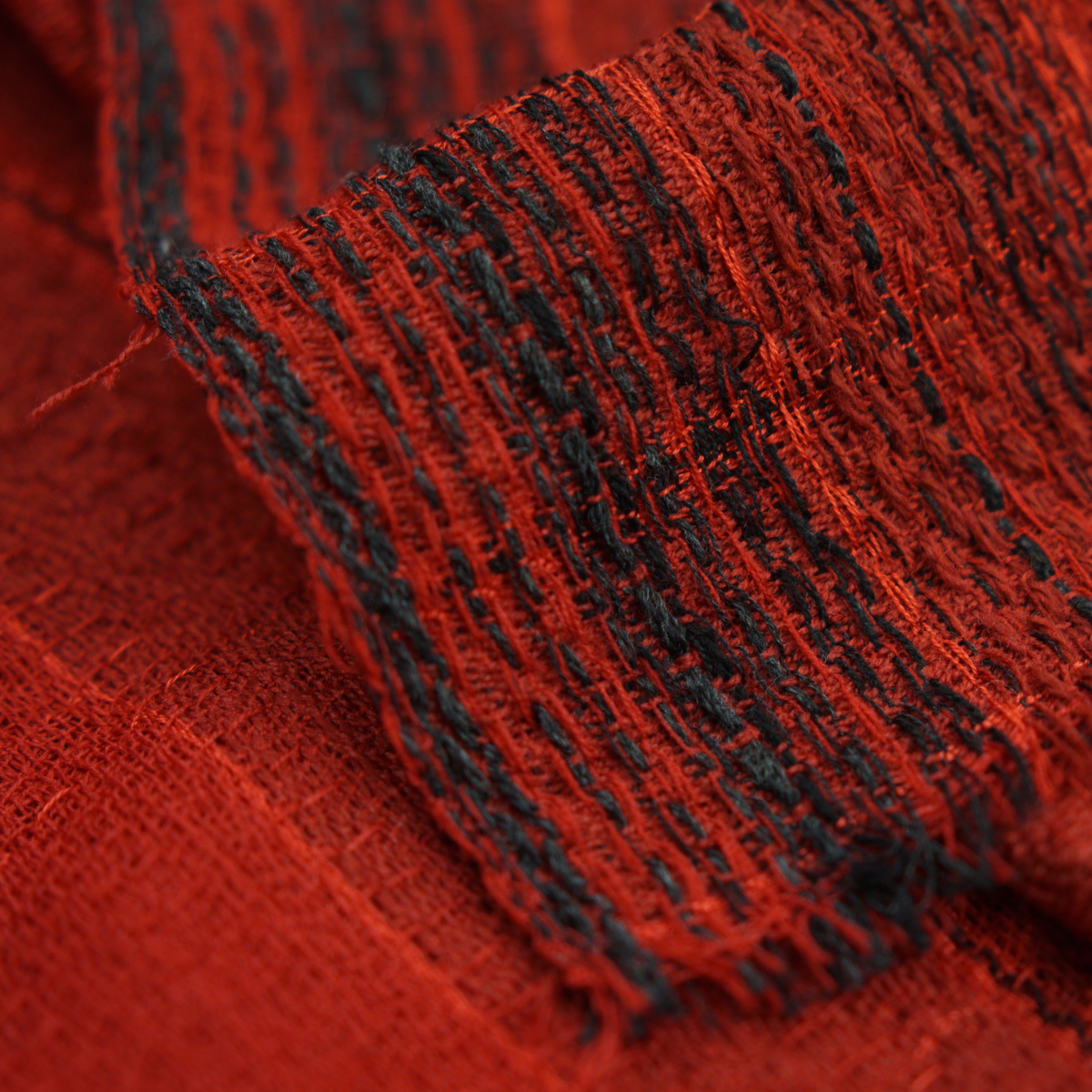
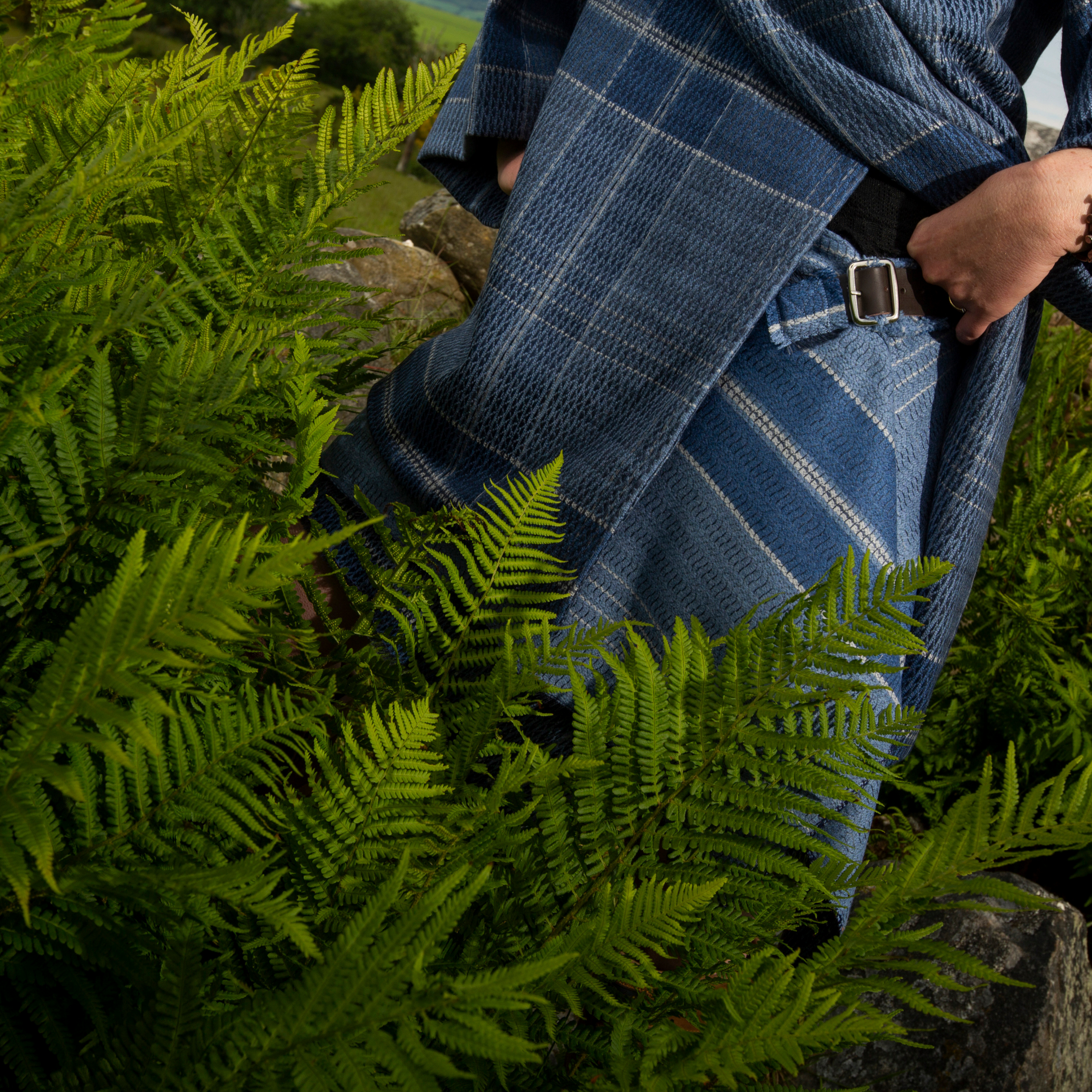
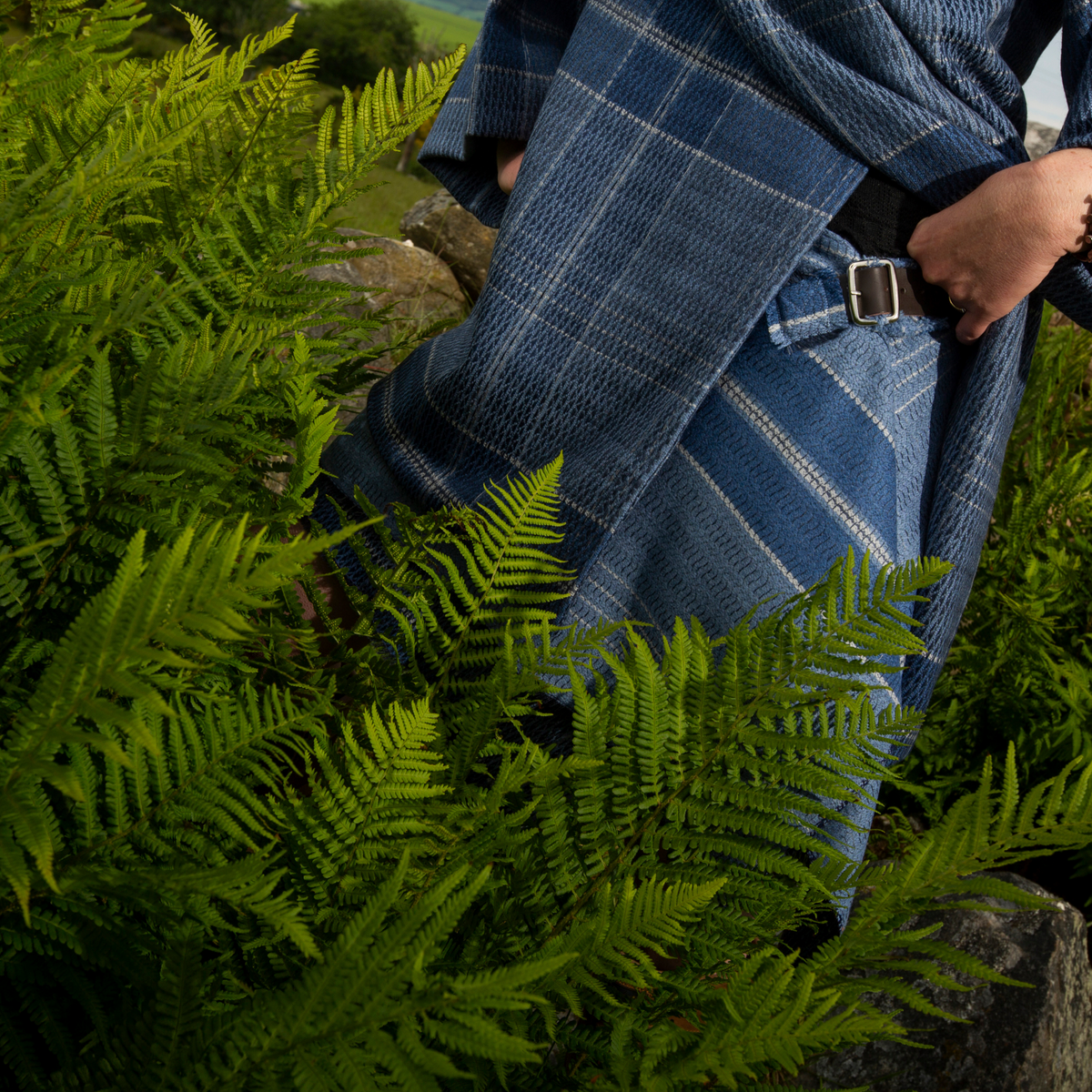
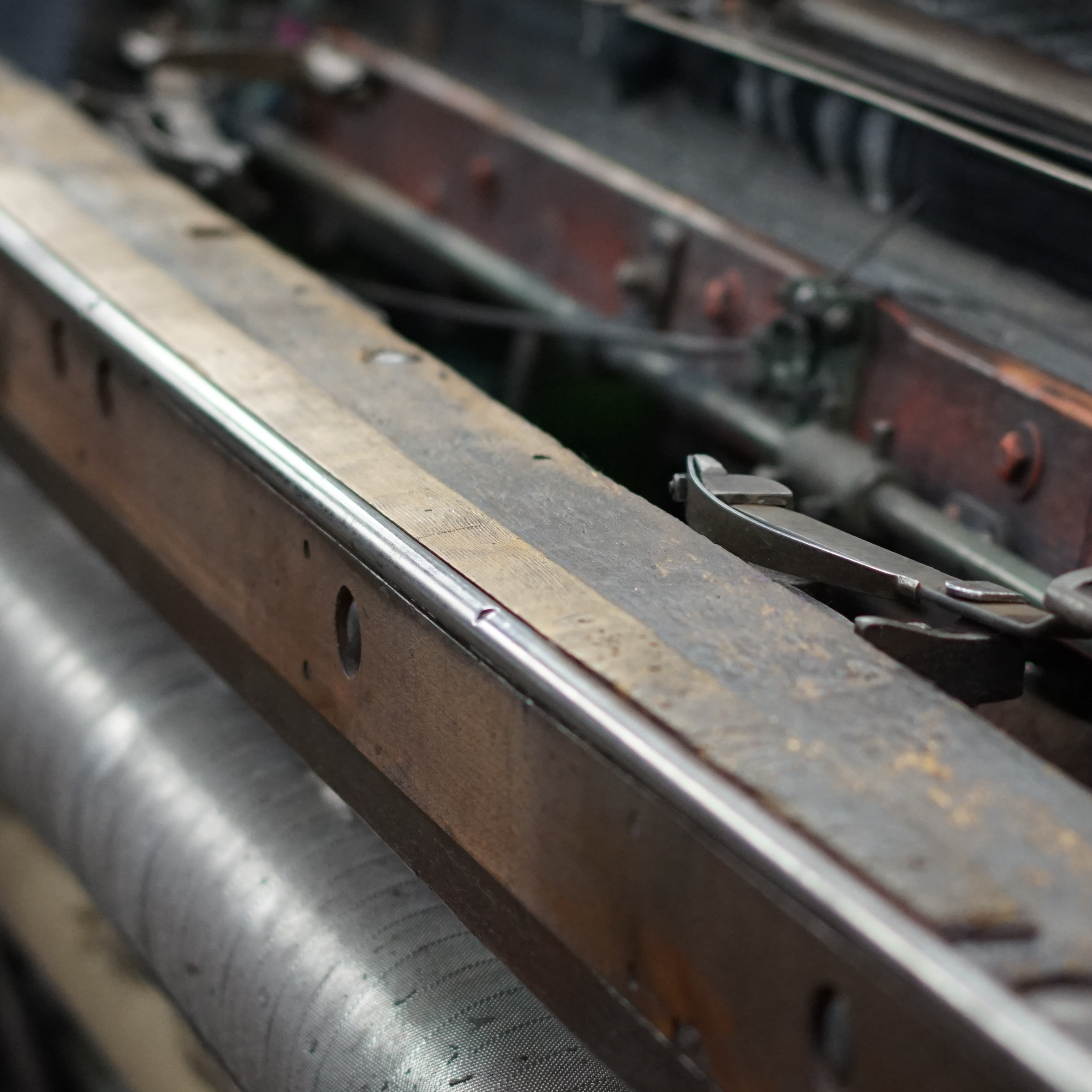
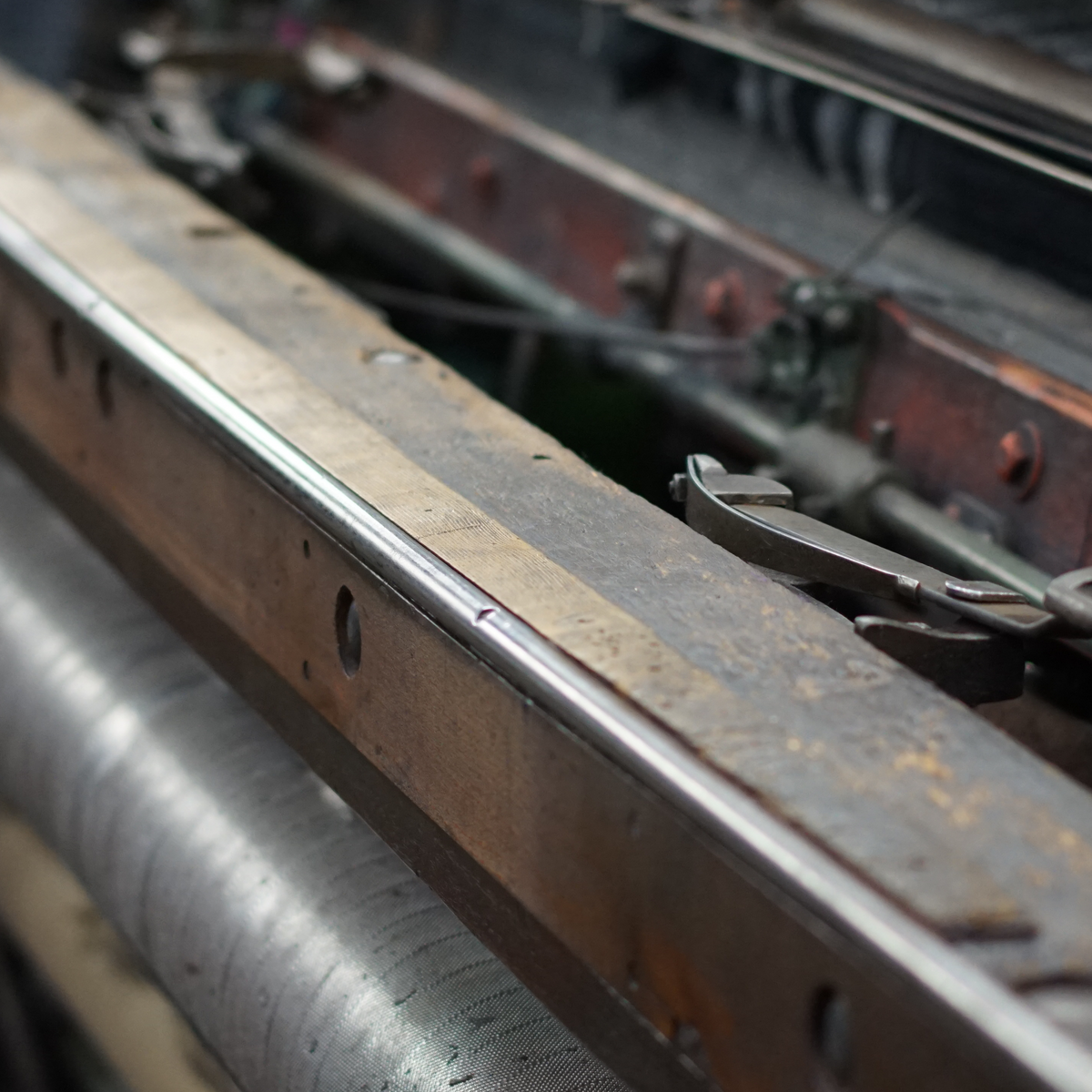

Wool is truly a wonder fibre, and the advantages of wool are not confined to one particular product. With its many benefits apparent across many different areas.
Wool is a natural fibre grown on sheep that roam freely in the countryside. Sheep re-grow their fleece every year, making wool one of the most sustainable fibres available. Farming also helps to preserve the natural landscape, as grazing maintains our countryside, creating habitats for wildlife to thrive.
As long as there is grass for sheep to eat, wool can be produced, in contrast to synthetic fibres, which can require oil and refineries, a non-renewable resource for man-made fibre production.
Here is our favourite 10 Wonders of Wool, with a series of links at the very bottom of this page should you wish to read further on any topic.
Wool is a protein fibre. Since the Stone Age it has been one of the most effective forms of all-weather protection known to man and science is yet to produce a fibre that matches its unique properties.
As long as there is grass to graze on, every year sheep will produce a new fleece; making wool a renewable fibre source. As a fabric, you can then re-purpose, reuse and recycle for decades to come! If/when wool and wool products come to the end of their life cycle, then they are biodegradable, unlike so many of the man-made textiles. The speed at which it will biodegrade will vary depending on various conditions, but it will not be clogging up landfills or the world’s oceans for hundreds of years.
Wool fibres resist tearing and are able to be bent back on themselves over 20,000 times without breaking! Wool maintains its appearance, adding value to the product and its lifespan for decades!
Wool is a hygroscopic fibre. Wherever you are in the world, while wearing wool, it constantly reacts to changes in your body temperature – acting as a cooling barrier by wicking perspiration away in hot conditions, while in colder conditions it creates an insulating barrier to retain heat. How clever is that?
The hygroscopic properties of wool also help to regulate your body temperature in bed. When wearing wool sleepwear and/or various items of wool bedding – the coil-shaped fibres of wool naturally remove heat and moisture from the skin, so you are not too hot and not too cold, but in an optimal and natural temperature setting for a good night’s sleep!
The protective waxy coating on wool fibres makes wool products resistant to staining, it is naturally odour free, and picks up less dust as wool is naturally anti-static. This means sometimes all wool needs is a little wipe – it certainly does not need to be washed as frequently as many other fabrics do – so again doing its bit for the environment! For more information on caring for your Prickly Thistle products please check out our Fabric & Product Care guide.
Wool’s ability to absorb moisture then release it back into the air in dryer times, plus its natural, breathable qualities, make it a rubbish home for bacteria, fungi and dust mites. Some wool's have even been found to have benefits for eczema sufferers!
Wool’s health benefits don’t stop there though – it literally cleans the air that we breathe! Did you know that wool absorbs Volatile Organic Compounds and other allergens and pollutants from the air? It temporarily traps particles that can exasperate asthma and other respiratory conditions, ensuring they are not re-circulated.
Due to its high water and nitrogen content, wool is naturally flame-retardant, has a higher ignition threshold than many other fibres, will not melt and stick to skin causing burns, and produces less noxious fumes!
Wool is possibly the oldest fibre known to humans. It was one of the first fibres to be spun into yarn and woven into fabric. Its versatility meant our ancestors enjoyed wearing it and using it in their living spaces too. But more importantly, before man-made synthetics, wool fabric respected the planet and people!
Where did it all begin, the why then, the why now and the future of why not?
